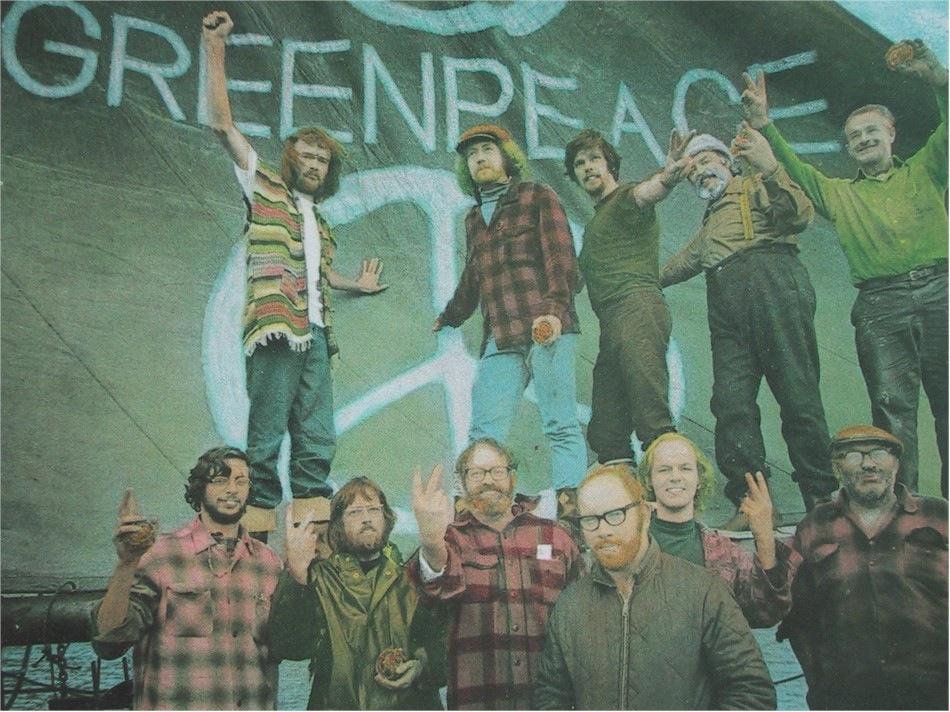Patrick Moore was only 24 when he co-founded Greenpeace in the early 1970s. He soon became the driving force behind the environmental activist group’s many influential campaigns, such as to stop nuclear testing, protect endangered whales, and prevent toxic dumping.
“It began in 1971 with the first voyage to stop U.S. hydrogen bomb testing in Alaska, which we did,” Moore told The Epoch Times. “And then we went after France’s atmospheric nuclear testing in the South Pacific.”





